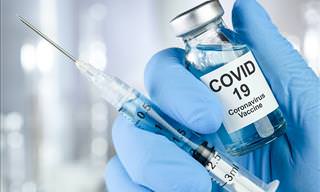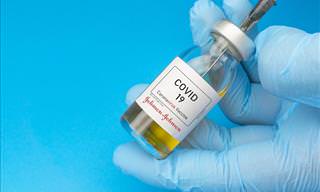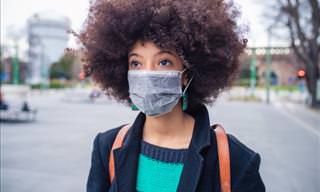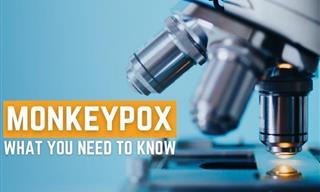On July 12, 2021, the FDA added a new warning to the Johnson & Johnson COVID-19 vaccine, stating that the vaccine has “an increased risk of Guillain-Barré syndrome during the 42 days following vaccination.” The new side effect of the Janssen vaccine already set some alarm bells ringing in the public. What is Guillain-Barré syndrome? And most importantly, is it a cause for concern?
Guillain-Barré Syndrome (GBS)
According to the FDA, Guillain-Barré Syndrome is a “disorder in which the body’s immune system damages nerve cells, causing muscle weakness and sometimes paralysis.” The first symptoms of GBS are tingling and numbness in the extremities, which quickly spread through the entire body.
The condition requires hospitalization and can be a medical emergency according to Mayo Clinic. It also needs to be noted that GBS is a very rare complication, known to be triggered by either infection or vaccination. The dangerous complication usually occurs several days or weeks after a bacterial or viral infection like pneumonia, the flu, or a gastrointestinal infection.
But there were also reports of flu vaccinations, namely the 1976 swine flu vaccine, triggering GBS, albeit very rarely, according to Washington Post.
Between 3,000 and 6,000 cases of Guillain-Barré Syndrome are reported annually in the United States. The cause of GBS is unknown, although statistics seem to suggest that the condition is more common in people who are 50 and older. Luckily, GBS is highly treatable. 93-96% of patients fully recover from GBS in the course of a few months.
Guillain-Barré Syndrome and the Johnson & Johnson COVID-19 vaccine
When Janssen submitted their COVID-19 vaccine for FDA approval, official documents did not include GBS as a possible side effect. Unlike its competitors, the novel mRNA COVID-19 vaccines, the Janssen vaccine has two big advantages: it doesn’t need to be stored at such low temperatures and only requires a single dose.
With these advantages in mind, the US purchased millions of doses of this vaccine. As a result, 12.8 million Americans were inoculated against COVID-19 with the Johnson & Johnson vaccine. Preliminary trials state that 100 patients went on to develop GBS at around the 42-day mark following the vaccination.
According to the FDA, 95 people out of 100 were hospitalized with GBS, and one person died. The vast majority of patients who experienced GBC have fully recovered, but reports of the rare complication spurred an investigation of the vaccine by Janssen (although no official statement has been made by the company at present).
Due to the extreme rarity and treatability of GBS following the Janssen vaccine, medical experts do still urge most people to get it. “This should definitely not deter anybody from getting the J&J or any other vaccine,” said Sharon Stoll, a Yale Medicine neuroimmunologist.
The only exception to the rule is someone who already had GBS in the past. Those with a history of Guillain-Barré are better off getting either the Pfizer-BioNTech and Moderna vaccines. 321 million doses of the two mRNA vaccines have been administered already, and there’s no link between Guillain-Barré and the Pfizer-BioNTech and Moderna vaccines.
Meanwhile, the FDA urges those who have recently received the Johnson & Johnson COVID-19 vaccine to watch out for the following symptoms:
- Weakness or tingling sensations, especially in the legs or arms, that worsens and spreads to other parts of the body.
- Difficulty walking.
- Difficulty with facial movements, including speaking, chewing, or swallowing.
- Double vision or inability to move eyes.
- Difficulty with bladder control or bowel function."
If you develop any of the above-mentioned signs of Guillain-Barré Syndrome, seek urgent medical help.
Share this information with others!
 Go to BabaMail
Go to BabaMail


























